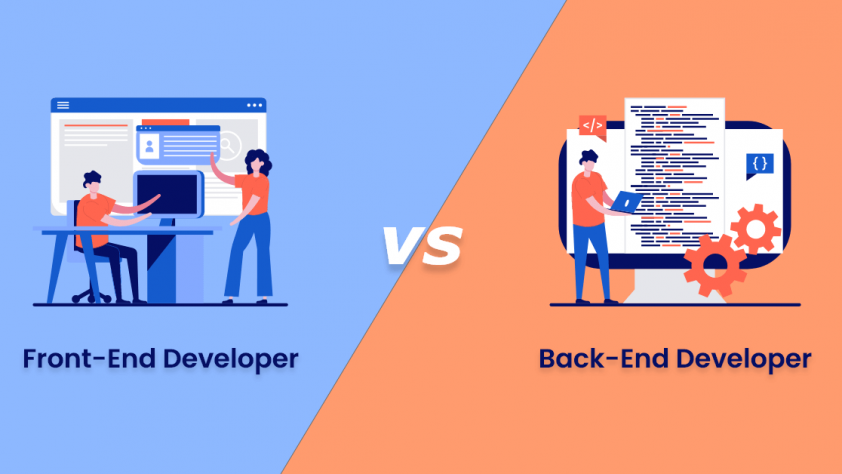Progressive Web Apps (PWAs) are a type of web application that provides an app-like experience to users. They are designed to work seamlessly across all devices and can be accessed through a web browser. If you are an offline business owner who wants to go online, PWAs can be a great way to reach your customers and increase your online presence. In this article, we will provide an ABC guide to progressive web apps for offline business owners.
Organizational Tools for Work
A – Advantages of PWAs PWAs offer several advantages over traditional web applications and native mobile apps. They are faster, more reliable, and easier to develop and maintain. They also provide a seamless user experience and can work offline.
B – Building a PWA Building a PWA requires web development skills, but there are tools and resources available that can help you create one. You will need to create a manifest file, implement service workers, and ensure that your website is responsive and mobile-friendly.
C – Customer Engagement PWAs offer several features that can help you engage with your customers, such as push notifications, offline caching, and home screen icons. These features can help you stay connected with your customers and provide a better user experience.
D – Deploying a PWA Deploying a PWA is similar to deploying a traditional web application. You will need to host your app on a server and ensure that it is accessible to your users. You can also submit your app to app stores like Google Play and the Apple App Store.
E – Evaluating your PWA Once your PWA is live, you will need to evaluate its performance and user engagement. Use analytics tools to track user behavior and identify areas for improvement. Continuously optimize your PWA to provide a better user experience.
By following this ABC guide, you can create a progressive web app for your offline business and take advantage of the benefits that it offers. Remember to keep your users in mind and provide a seamless and engaging user experience.
A Progressive Web App (PWA) is a type of web application that provides an app-like experience to users. They are designed to work seamlessly across all devices and can be accessed through a web browser. PWAs offer several advantages over traditional web applications and native mobile apps, such as being faster, more reliable, and easier to develop and maintain. They also provide a seamless user experience and can work offline. For businesses, PWAs offer the ability to engage with customers through features like push notifications, offline caching, and home screen icons. By developing a PWA, businesses can improve their online presence and reach more customers.






